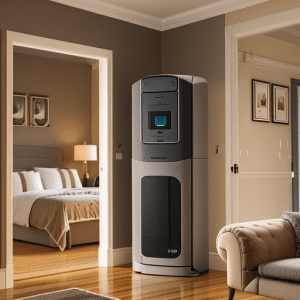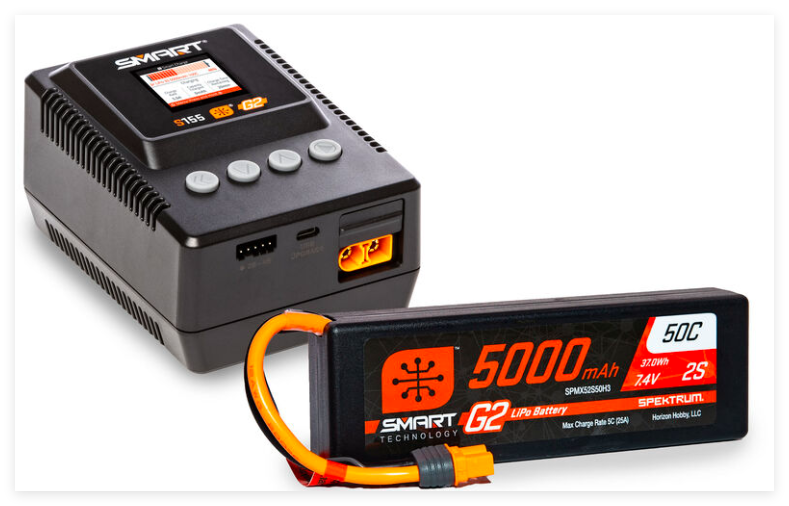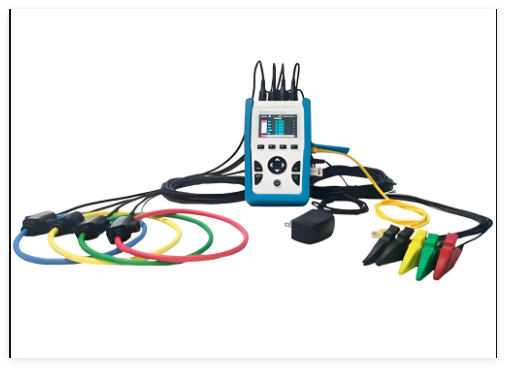What is a smart home?
Smart homes, ah, this is a topic that is both exciting and anticipated. Imagine this: when you walk through your door, the lights automatically turn on, the air conditioning adjusts to your favorite temperature, music plays your favorite songs, all without you having to lift a finger, just a voice command or a mobile operation is enough. This is the charm of smart homes, making our lives more convenient and comfortable.

In simple terms, a smart home is about connecting various devices in the home through the Internet of Things technology to achieve intelligent control and management. It’s not just a technological innovation, but also a transformation in the way of life. According to data from the International Data Corporation (IDC), the global shipment of smart home devices reached 854 million units in 2020, and is expected to grow to 1.44 billion units by 2025. This shows that smart homes are penetrating our daily lives at an astonishing speed.
As an expert in the new energy industry, I am well aware that the combination of smart homes and new energy will open a new chapter. Smart homes are not just tools to improve the quality of life, but also an important way to save energy, reduce emissions, and achieve sustainable development. For example, the combination of smart grids with smart homes can automatically adjust the operation of home appliances according to family electricity usage habits and changes in electricity prices, saving energy and reducing electricity expenses.
In addition, the application of smart homes in the field of new energy is also reflected in energy management. Through the smart home system, we can more effectively monitor and manage the energy consumption of the home, such as the power generation of solar panels, the charging and discharging status of energy storage devices, etc. This not only improves the efficiency of energy use but also provides a greener and more environmentally friendly way of life for the family.
Of course, the development of smart homes also faces some challenges, such as data security issues and user privacy protection. However, with the advancement of technology and the improvement of regulations, I believe these issues will be properly resolved.
In summary, smart homes are a microcosm of future life. They not only make our lives more intelligent but also are an important force in promoting society to develop in a more green and sustainable direction. As the ancients said: “Without taking small steps, one cannot reach a thousand miles; without accumulating small streams, one cannot form rivers and seas.” Every step in the development of smart homes is an important step towards a better future.



Post Comment